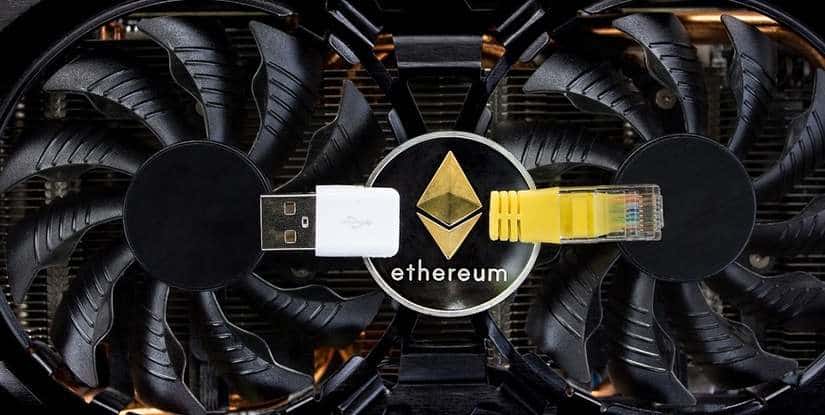If you want to enter the world of altcoin investing, understanding the difference between Ether and Ethereum is a crucial first step. Here’s a definition of Ether and Ethereum, and an explanation of how they are different.
What Is Ethereum?
Ethereum is a blockchain. In other words, it is a distributed database that allows information to be hosted across a large, decentralized network of computers.
Since Ethereum’s launch in 2015, the Ethereum blockchain has stood out to altcoin investors in two major ways:
- Smart contracts. From the start, Ethereum has offered built-in support for smart contracts. A smart contract is a programmable way to enforce an agreement and record the outcome on the blockchain. Smart contracts automatically ensure that certain conditions are met before something happens, then cancel the process if they are not met. (Bitcoin has some smart contract features built in, but they are less robust than those of Ethereum.)
- Dapps. Ethereum also provides access to computing resources that are stored on its distributed network. In this way, users can create distributed applications, or dapps, that use the Ethereum blockchain not just for storage, but for executing code as well.
What Is Ether?
Ether is an altcoin that can be used to buy and sell resources on the Ethereum blockchain. If you provide computing resources to help power the Ethereum blockchain, you can be rewarded with Ether. If you want to use the Ethereum blockchain to power a dapp or store data, you pay with Ether.
For these reasons, Ether is the “native” digital token on the Ethereum blockchain. It helps Ethereum run.
Ether and Ethereum
To sum up what we’ve said so far, Ethereum is a blockchain, and Ether is an altcoin associated with that blockchain.
You might wonder, then, why there is so much confusion in the world of altcoin investing about the difference between Ether and Ethereum. If they are fundamentally different types of things, why do people have such a hard time telling them apart?
The confusion stems from a few challenges:
- Some people misuse the word Ethereum to refer to Ether. Such misuse is widespread; even Coinbase, the well-known cryptocurrency exchange, makes this mistake when referring to the digital currency for the Ethereum blockchain.
- The exchange symbol for ether, ETH, is easy to misinterpret as shorthand for Ethereum.
- Ether is not the only altcoin associated with Ethereum. On the contrary, because of Ethereum’s extensive support for programmability and smart contracts, anyone can use Ethereum’s ERC20 standard to create novel digital tokens that are registered on the Ethereum blockchain. However, unlike ether, other Ethereum-based tokens do not perform the special “native” functions required to keep the Ethereum blockchain running. They are just digital currencies that can be attractive for altcoin investing.
Conflating Ether and Ethereum is like confusing a road (the thing you drive on) with a car (the thing you drive in). Ether and Ethereum are fundamentally distinct entities, and successful altcoin investing starts with understanding their differences.






